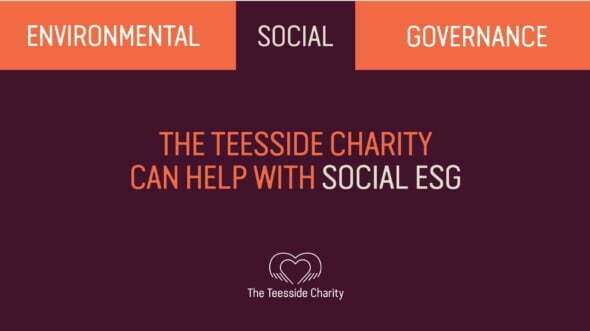What is ESG?
Published on: 4th October 2022

Published on: 4th October 2022

ESG is a theoretical approach that is used to measure the sustainability and societal impact of a company using environmental, social and governance factors.
ESG performance reports give companies the opportunity to be transparent
with their investors, employees, and customers about their approach to environmental, social, and corporate governance topics.
The three components that make up ESG are environmental, social and governance.
Environmental
The environmental aspect focuses on how a business minimises its impact on the environment and the risk management practises it has in place. This includes the contribution a business makes to climate change, energy consumption, water consumption and waste output.
Examples of environmental factors include:
Social
The social aspect addresses how a business impacts workplace culture and wider society.
Examples of social factors include:
Governance
The governance aspect examines how a business polices itself, focusing on the process of decision-making, reporting, logistics, internal system controls and practises to maintain compliance.
Examples of governance factors include;
Adopting an ESG framework has benefits from reducing risk and lowering cost to improving reputation and attracting new customers.
Providing investors with your company’s ESG report, gives them the reasons why they should invest with your business. Investors want to know what measures organisations are taking to ensure environmental responsibility, social advocacy, and company leadership.
Implementing ESG approaches into your business structure could help your business’s reputation as it showcases you have a transparent plan that focuses on helping the environment, supporting equal opportunities and social inclusion, and ensuring ethical business decisions.
Over the coming months, The Teesside Charity is creating a solution for businesses and charities to work together to support both CSR and ESG; and good business ethics.
The Teesside Charity can help with the social aspect of ESG. Our aim is to provide a simple solution so that charities can showcase their volunteer vacancies to businesses and employees can easily find and apply for volunteer roles.
Stay tuned for the launch!